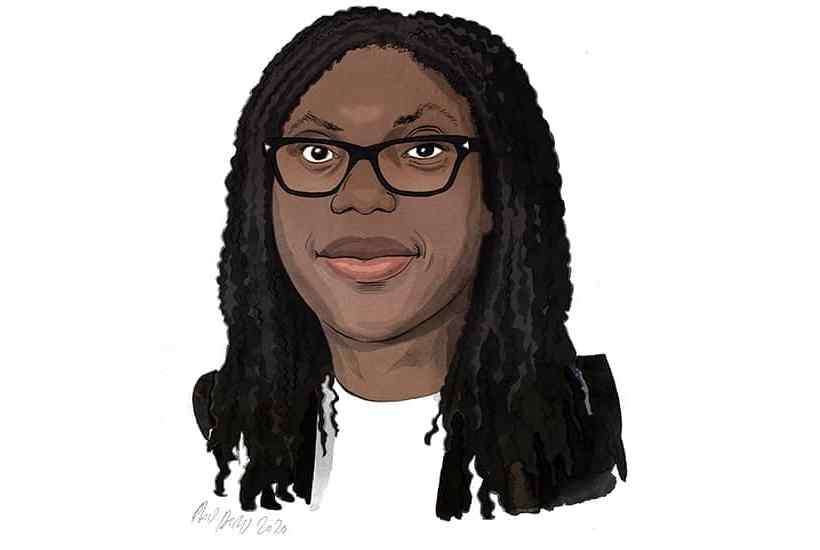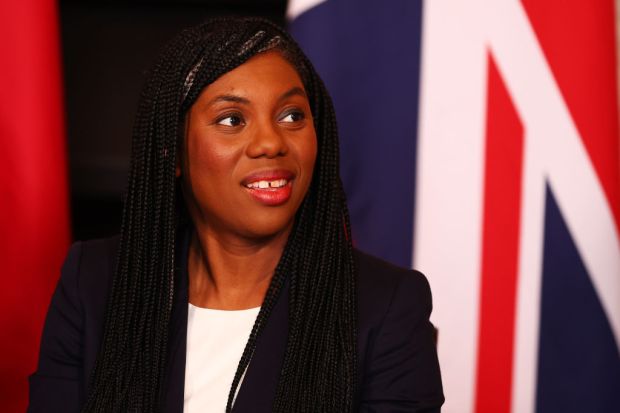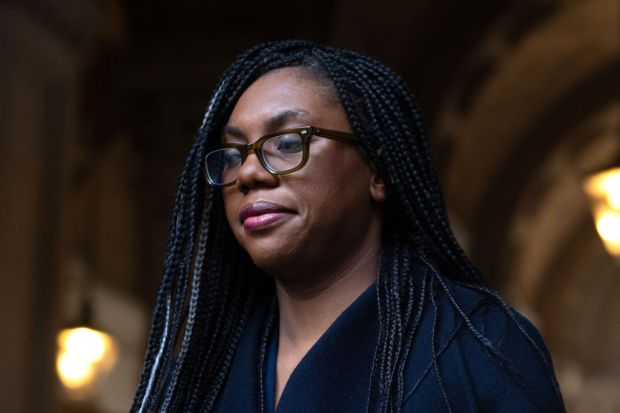When the government published a report last year by the Commission on Race and Ethnic Disparities (CRED) into racism in the UK, it was the subject of controversy. The report concluded the UK does not have a systemic problem with racism (while accepting there are issues), and a number of charities dubbed it ‘deeply troubling’. A year later and the government finally set out its response to the report and how it intends to deal with the inequalities highlighted in it.
Taking its founding principles from the original report, it essentially accepts the chair Tony Sewell’s logic that the different outcomes for different minority groups means that it is the wrong approach to attribute every problem to racism. Announcing the findings of the report – titled ‘Inclusive Britain’ – the minister leading the charge on the issue, Kemi Badenoch, spoke of some of the criticism the report received.
She said that she had mistakenly thought that selecting independent commissioners from different ethnicities would dilute the hostile response to the commission for deviating from the progressive orthodoxy. This didn’t happen:
It doesn’t matter who is giving the messages. There is an orthodoxy on race which if you are an ethnic minority in particular you are expected to have a certain set of beliefs and if you deviate from that then you are part of the problem. There is no diversity of thought allowed.
Undeterred, Badenoch appeared today in conversation with ConservativeHome’s Paul Goodman to discuss both the 70 proposed actions in the 97-page plan – which includes new advice to employers on how to measure and report on ethnicity pay gaps, a crackdown on online racist abuse, ways to end Afro-hair discrimination in schools and expanding the history curriculum for schoolchildren – and her own experience of leading the government response on such a thorny issue.
She defended the original report, citing the different outcomes for black African boys and black Caribbean boys on school exclusion rates as evidence that it can’t only be a race discrimination issue. Badenoch said a positive outcome from the controversy was that the noise had actually ‘boosted’ interest in the report – in contrast to other policy plans she had worked on only to find ‘no one is interested’.
So, what of the new approach? Badenoch acknowledged that the right had to play its part – as on the right, figures can exacerbate the problem by taking on the most extreme arguments on the left rather than focusing on speaking to the moderate middle.
When it comes to the curriculum, Badenoch said that she did not support plans to decolonise the curriculum as she doesn’t believe it has been colonised in the first place. She said teachers should not say whether acts like ‘taking the knee’ are a good thing when they explain them to pupils and instead should focus on relaying information without judgment. Civil servants too ought to refrain from using their work emails to promote political campaigns such as Black Lives Matter, something that the Prime Minister’s national security adviser Stephen Lovegrove did when he was permanent secretary at the Ministry of Defence.
So, what is her preferred message on education? She argued that a knowledge-rich curriculum would be the best way to help emphasise that British history is everyone’s history:
We often hear about there not being enough detail on slavery, the American civil rights movement. I don’t think that’s appropriate – black groups are not the largest minority in the country, it’s Asians and yet we don’t hear as much about Asian history – why are we picking one particular group out and highlighting it – I think there’s a lot that’s wrong with those approaches.
A knowledge-rich curriculum allows schools to look at best practice – it will also help emphasise that British history is everyone’s history. My daughter came home from school and said “it’s Black history month – we’re doing it because every other month is white history” and I was appalled. It is completely wrong. The history of this country – all our historical figures, the kings and queens, the inventors and scientists who were white also belong to the black children of this country.
When asked about the lack of voices in today’s Tory party talking about these issues, Badenoch stressed that she didn’t come into politics ‘to do race work’. But as someone who has been thinking about these things for some time, she feels a duty to speak out.
The Tory party tends not to like talking about race. The Inclusive Britain report offers a framework from which to have a conversation – but it remains to be seen how many of Badenoch’s colleagues are willing to participate.
Got something to add? Join the discussion and comment below.
Get 10 issues for just $10
Subscribe to The Spectator Australia today for the next 10 magazine issues, plus full online access, for just $10.




















Comments
Don't miss out
Join the conversation with other Spectator Australia readers. Subscribe to leave a comment.
SUBSCRIBEAlready a subscriber? Log in